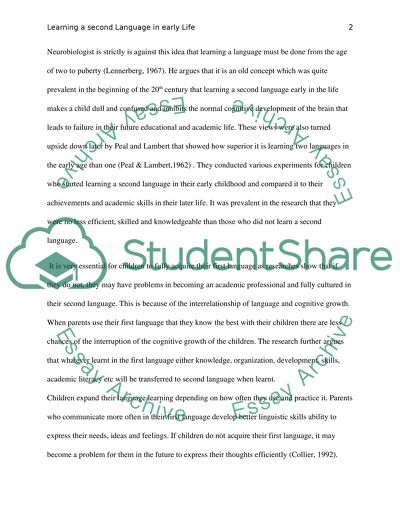Cite this document
(“Should Early Education Have Forgien Language Taught Essay”, n.d.)
Retrieved from https://studentshare.org/english/1491475-should-early-education-have-forgien-language-taught
Retrieved from https://studentshare.org/english/1491475-should-early-education-have-forgien-language-taught
(Should Early Education Have Forgien Language Taught Essay)
https://studentshare.org/english/1491475-should-early-education-have-forgien-language-taught.
https://studentshare.org/english/1491475-should-early-education-have-forgien-language-taught.
“Should Early Education Have Forgien Language Taught Essay”, n.d. https://studentshare.org/english/1491475-should-early-education-have-forgien-language-taught.


